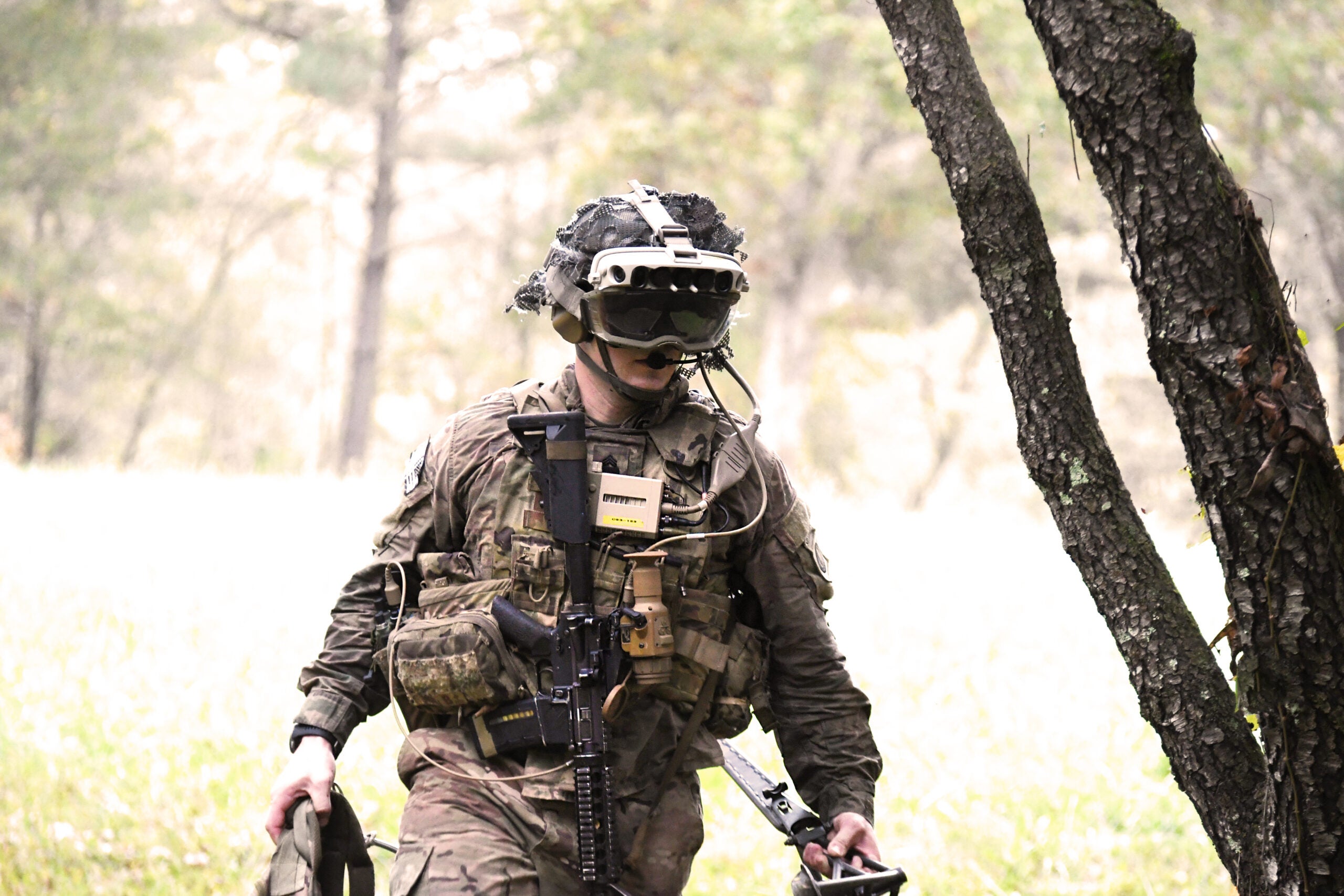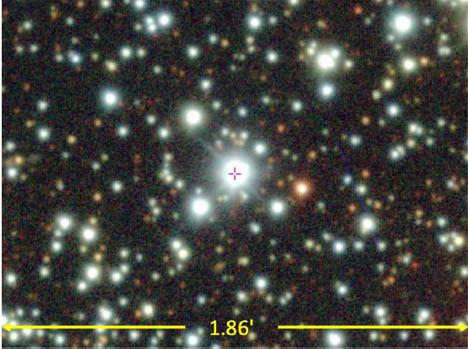
NASA’s Hubble Space Telescope has reached a major milestone: one billion seconds in the final frontier.
The famous observatory launched on April 24, 1990, aboard the space shuttle Discovery. Hubble was deployed into orbit the following day, beginning its mission to explore the vast universe, including distant galaxies, supernovas, nebulas and exoplanets. On Jan. 1, 2022 the space telescope officially reached one billion seconds in space, which is about 31.7 years.
“For more than three decades, Hubble has provided us with groundbreaking scientific discoveries and iconic images of space,” NASA officials said in a statement announcing the space telescope’s milestone.
Related: The best Hubble Space Telescope images of all time!
Here’s an iconic milestone for an iconic mission: @NASAHubble officially passes the one-billion second mark in space! In case you don’t have a calculator handy that’s 31+ years of changing how we see and understand our universe. Follow all things Hubble: https://t.co/BxBF2AJzZE pic.twitter.com/Mf9e4BtA4HJanuary 6, 2022
See more
The Hubble Space Telescope is a joint mission of NASA and the European Space Agency. Between 1993 and 2009, astronauts visited Hubble five times on servicing missions launched by the space shuttle program. Those missions repaired, upgraded and replaced systems on the telescope, such as batteries, gyroscopes and other science instruments.
Located high above Earth’s atmosphere, the telescope has made more than 1.5 million observations in its over 30 years of operation. In turn, thousands of scientific papers have been published based on the telescope’s discoveries, according to the NASA statement.
Some of Hubble’s most important observations include helping determine the age of the universe (13.8 billion years, or three times the age of Earth) and the rate at which it’s expanding; discovering Pluto’s fifth moon; finding supermassive black holes at the center of most major galaxies; studying the effect of gravitational lensing, which has helped astronomers map the distribution of dark matter in the universe; and capturing some of the most remarkable deep-field images of the universe.
“We can only imagine what discoveries the next one billion seconds will bring as new telescopes like the recently launched James Webb Space Telescope and the future Nancy Grace Roman Space Telescope build upon Hubble’s discoveries and work together with Hubble to expand our understanding of the universe,” NASA officials said in the statement.
Follow Samantha Mathewson @Sam_Ashley13. Follow us on Twitter @Spacedotcom or on Facebook.
Join our Space Forums to keep talking space on the latest missions, night sky and more! And if you have a news tip, correction or comment, let us know at: community@space.com.
Samantha Mathewson joined Space.com as an intern in the summer of 2016. She received a B.A. in Journalism and Environmental Science at the University of New Haven, in Connecticut. Previously, her work has been published in Nature World News. When not writing or reading about science, Samantha enjoys traveling to new places and taking photos! You can follow her on Twitter @Sam_Ashley13.
Note: This article have been indexed to our site. We do not claim legitimacy, ownership or copyright of any of the content above. To see the article at original source Click Here












